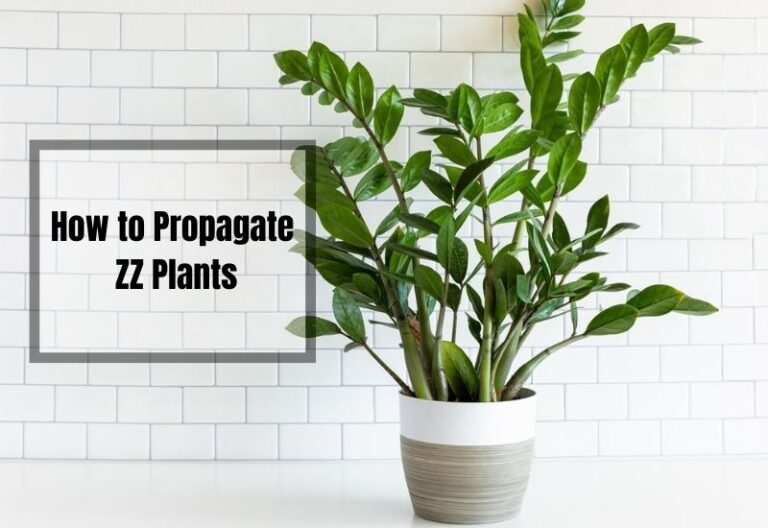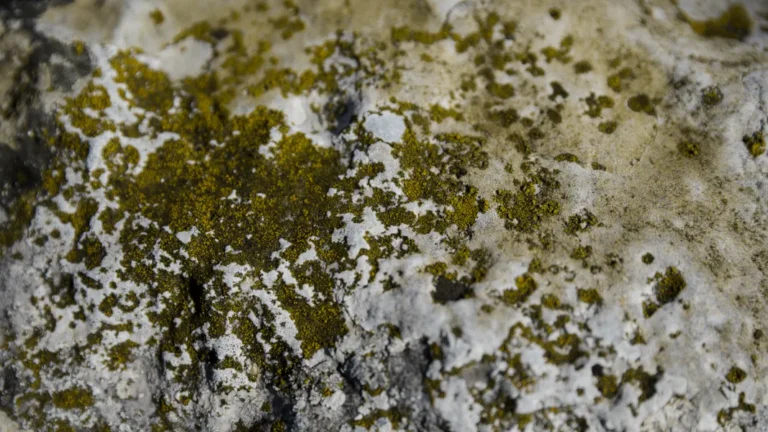Will Salt Kill Daylilies? Effective Daylily Weed Control Methods
Are pesky daylilies taking over your garden? In this article, we’ll explore whether salt can effectively control daylilies and discuss how to prevent salt damage to your plants.
With this information, you’ll make an informed decision about tackling your daylily problem. Let’s get started!
Key Takeaways
- Salt can be an effective method for controlling daylilies in your garden.
- However, using too much salt can damage your plants and soil.
- To prevent salt damage, use salt sparingly and take steps to improve soil drainage.
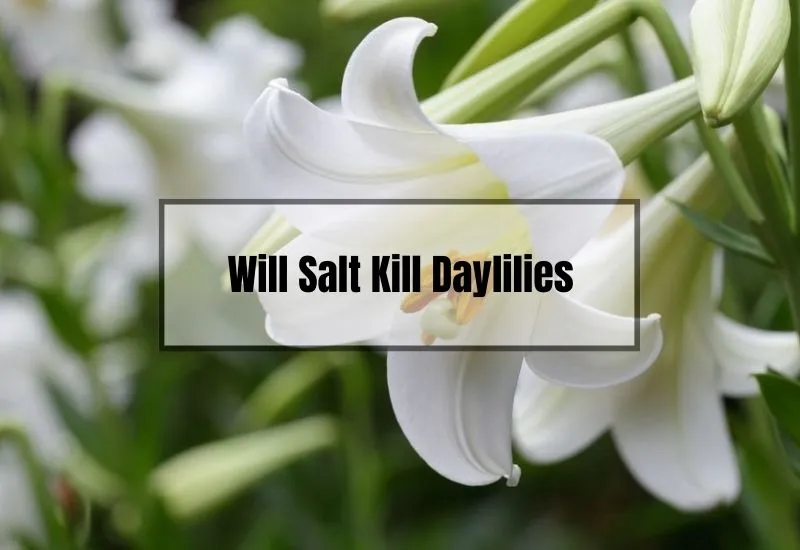
Will Salt Kill Daylilies?
Today, we’re going to talk about a common question: Will salt kill daylilies? Well, the answer is yes, salt can kill daylilies, but it’s not the most effective method to control them.
Salt can kill any plant by dehydrating it, but it can also harm surrounding plants and soil. So, if you’re planning to use salt to kill daylilies, you need to be careful.
Here are some things you need to know:
- Salt can remain in the soil for a long time, making it difficult for other plants to grow.
- Salt can also damage the soil structure, making it less fertile.
- Salt can harm beneficial microorganisms in the soil, leading to poor soil health.
So, if you’re looking for a more effective and sustainable way to control daylilies, here are some methods you can try:
1. Digging Them Out
One of the most effective ways to control daylilies is by digging them out. This method requires some effort, but it’s worth it. Here’s how you can do it:
- Use a shovel to dig around the daylily clump.
- Try to remove as much of the root system as possible.
- Dispose of the daylilies in a compost bin or trash.
2. Using Herbicides
Herbicides can be effective in controlling daylilies, but they can also harm other plants and the environment. If you’re planning to use herbicides, make sure to follow the instructions carefully and wear protective gear. Here are some herbicides you can try:
- Glyphosate
- Triclopyr
- 2,4-D
3. Mulching
Mulching can also be effective in controlling daylilies. Here’s how you can do it:
- Apply a layer of mulch around the daylily clump.
- Make sure the mulch is at least 4 to 6 inches thick.
- Reapply the mulch as needed.
Mulching can help smother the daylilies and prevent them from growing back. It can also improve soil health and retain moisture.
We hope this article has been helpful in answering your question about whether salt can kill daylilies. Remember, there are more effective and sustainable ways to control daylilies, so choose the method that works best for you and your garden. Happy gardening!
Effects of Salt on Daylilies
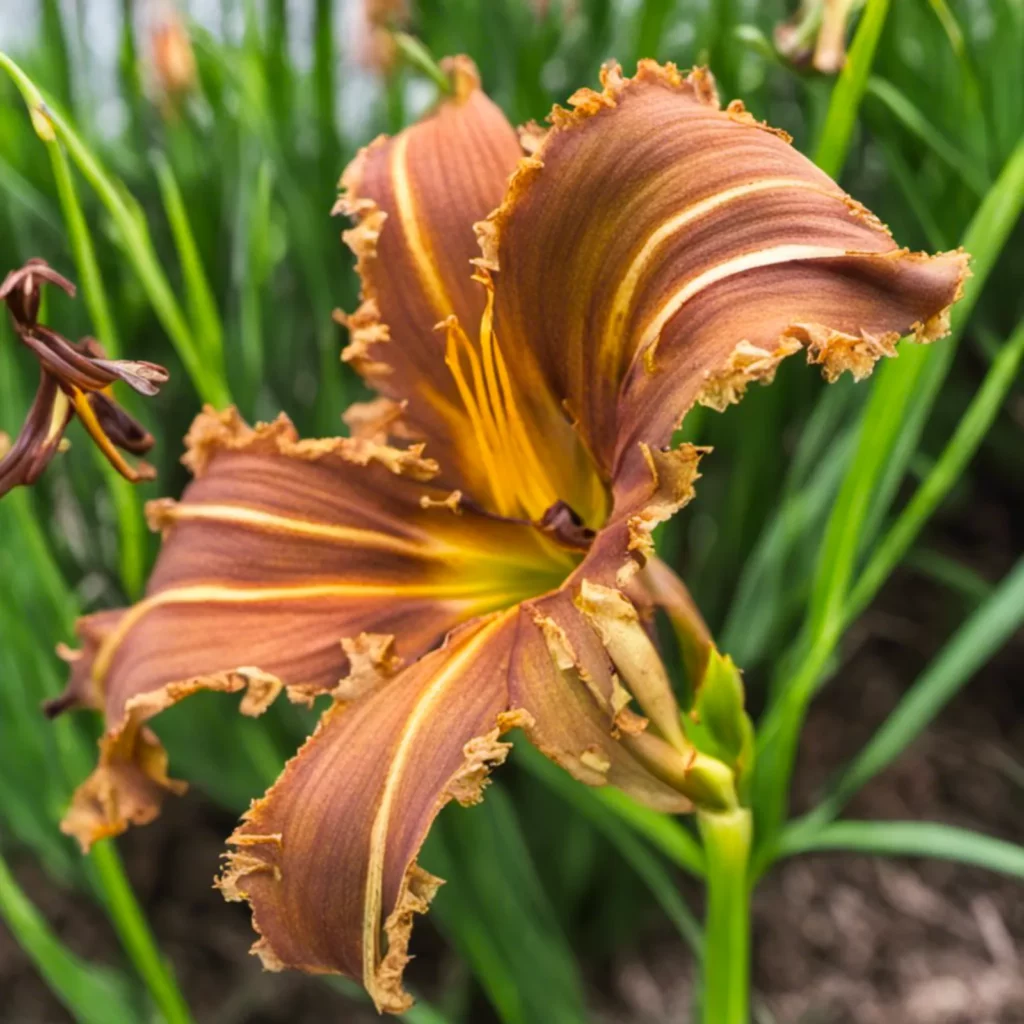
As gardeners, we all want to keep our plants healthy and beautiful. However, sometimes we need to use harsh methods to control weeds or other unwanted plants. One of these methods is using salt.
Salt is a cheap and effective way to kill daylilies. But before you start using salt, you should know the effects it can have on your daylilies.
Short Term Effects
When salt is applied to daylilies, it draws out the moisture from the plant cells, causing the plant to dehydrate.
This leads to wilting, yellowing, and browning of the leaves. The flowers may also become discolored and fall off. In severe cases, the plant may die.
Long Term Effects
If you use too much salt, it can lead to a buildup in the soil, making it difficult for other plants to grow. Salt can also harm beneficial microorganisms in the soil, which can affect the overall health of your garden. In addition, salt can remain in the soil for a long time, making it difficult to grow anything in that area for years to come.
To minimize the long-term effects of salt on your garden, it’s important to use it sparingly and only when necessary. You should also avoid using salt near other plants, as it can harm them too.
Preventing Salt Damage to Daylilies
Daylilies are beautiful and vibrant plants that can add a pop of color to any garden. However, they are also susceptible to salt damage, which can cause them to wilt and die. In this section, we will discuss some techniques for preventing salt damage to daylilies.
Proper Watering Techniques
One of the most important things you can do to prevent salt damage to your daylilies is to water them properly.
Over-watering can cause the soil to become saturated with salt, which can be harmful to the plants. On the other hand, under-watering can cause the soil to become too dry, which can also be harmful.
To water your daylilies properly, follow these tips:
- Water deeply and infrequently: Instead of watering your daylilies every day, water them deeply once or twice a week. This will help to flush out any excess salt in the soil.
- Water in the morning: Water your daylilies in the morning, before the sun is too hot. This will help to prevent the water from evaporating too quickly.
- Water at the base of the plant: Avoid getting water on the leaves of your daylilies, as this can cause them to burn in the sun.
Soil Management
Another important factor in preventing salt damage to daylilies is soil management. Here are some tips for managing the soil in your garden:
- Test your soil: Get your soil tested to determine its pH level and nutrient content. This will help you to determine what amendments, if any, you need to add to the soil.
- Add organic matter: Adding organic matter to the soil can help to improve its structure and fertility. This can help to reduce the amount of salt in the soil and improve the overall health of your daylilies.
- Use mulch: Mulching around your daylilies can help to retain moisture in the soil and prevent the soil from becoming too dry. This can also help to reduce the amount of salt in the soil.
By following these tips for proper watering and soil management, you can help to prevent salt damage to your daylilies and keep them healthy and vibrant.
Understanding Daylilies and Their Invasive Nature
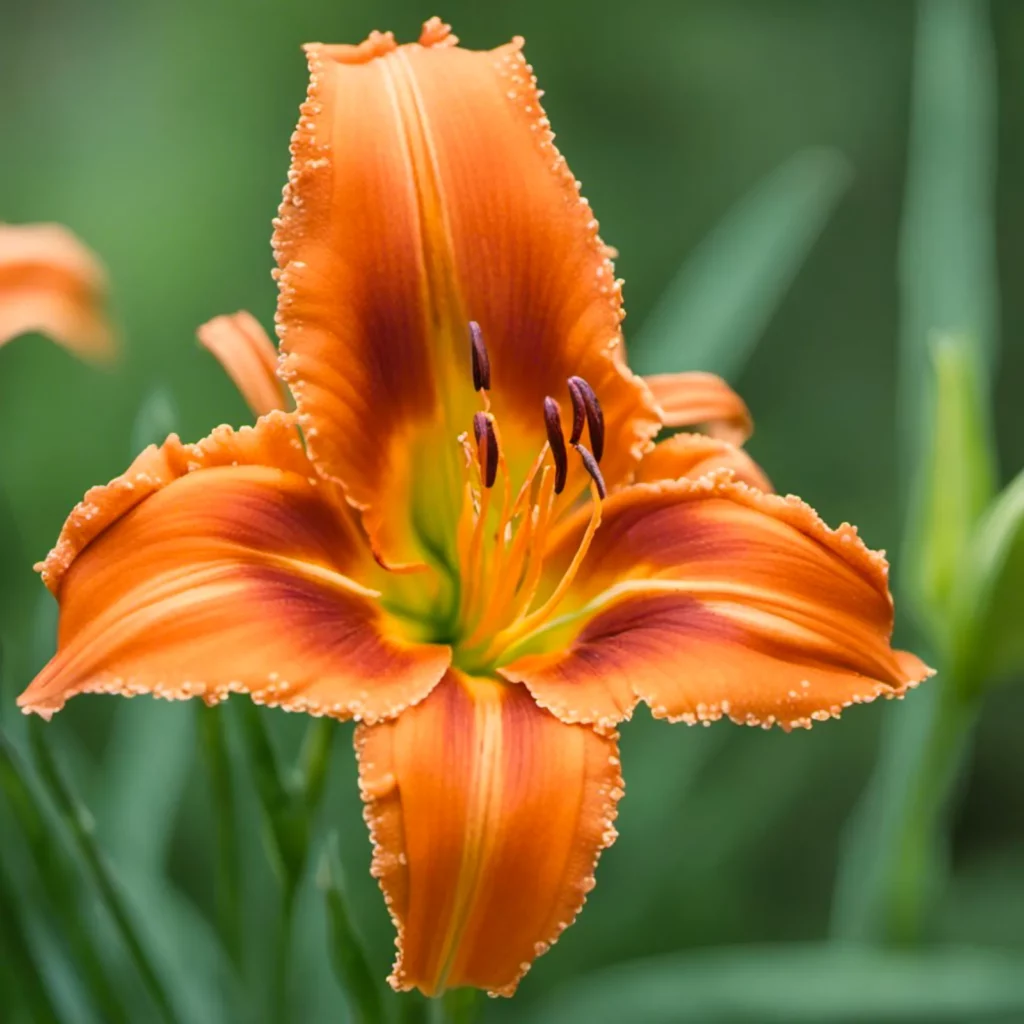
Before we jump into the various control methods, let’s take a moment to understand daylilies and what makes them so invasive. Daylilies have a remarkable ability to spread and establish themselves in a variety of environments. These hardy plants can grow from small sections of roots, allowing them to quickly take over a garden.
Orange daylilies are particularly invasive, but hybrid daylilies can also cause problems if not managed properly. So, let’s take a closer look at each type and their invasive characteristics.
Invasive Characteristics of Orange Daylilies
Orange daylilies, also known as ditch lilies or tiger lilies, can spread through various means, such as self-seeding or growing from discarded tubers.
Their invasive nature makes them tough to control, and they can quickly take over a garden if not managed correctly. They don’t require special care, which makes them even more challenging to keep in check.
Hybrid Daylilies: Precautions and Care
While hybrid daylilies might not be as notoriously invasive as their orange counterparts, they can still cause problems if left unchecked. These plants can self-seed and spread throughout your garden.
To prevent this, consider installing a barrier before planting season and regularly harvest seedpods to prevent self-seeding.
Effective Daylily Control Methods
Now that we have a better understanding of daylilies and their invasive nature, let’s explore some effective methods for controlling these pesky plants. Remember, it’s essential to choose a method that suits your specific situation and garden.
Digging Out Daylilies by Hand
One straightforward method for controlling daylilies is simply digging them out by hand. This can be time-consuming, but it’s an effective way to remove the plants and their roots. Be sure to comb through the soil to remove any small root fragments, as they can regrow into new plants.
When disposing of daylilies, place them in plastic bags, seal them tightly, and discard them properly. Improper disposal can lead to more daylilies growing elsewhere, creating an even bigger problem.
Smothering Daylilies with Mulch
Another effective method for controlling daylilies is smothering them with a thick layer of mulch. This technique can help suppress daylilies by depriving them of sunlight and making it difficult for them to grow. To use this method, apply 4 to 6 inches (10-15 cm) of mulch over the daylily stand. Be prepared to stay vigilant throughout the growing season, as daylilies can be stubborn and may try to push through the mulch.
When applying mulch, it’s essential to use a high-quality, weed-free product to ensure you’re not introducing new invasive species to your garden. Organic mulch options, such as wood chips or straw, can also help improve soil quality over time.
Frequently Asked Questions (FAQs)
What are the most common types of invasive daylilies?
The most common invasive daylilies are the orange daylilies (Hemerocallis fulva), also known as ditch lilies or tiger lilies. Hybrid daylilies can also become invasive if not managed properly.
Can hybrid daylilies become invasive?
Yes, hybrid daylilies can become invasive through self-seeding. Proper care, such as installing barriers and harvesting seedpods, can help prevent this.
Is it safe to use salt to kill daylilies?
While salt can be effective in killing daylilies, it can also harm other plants and damage the soil. It’s essential to consider the long-term effects of using salt before choosing this method
How can I prevent daylilies from spreading in my garden?
To prevent daylilies from spreading, consider digging them out by hand or smothering them with mulch. For hybrid daylilies, installing barriers and harvesting seedpods can help prevent self-seeding.
How long does it take to get rid of daylilies using mulch?
The time it takes to get rid of daylilies using mulch can vary depending on the persistence of the plants and the thickness of the mulch layer. It’s essential to monitor the area throughout the growing season and add more mulch as needed.
Conclusion
Tackling invasive daylilies can be a challenge, but with the right approach, you can reclaim your garden from these pesky plants. Remember that each situation is unique, so choose a method that works best for your specific circumstances. Whether you opt for digging out daylilies by hand, smothering them with mulch, or employing other tactics, the key is persistence and proper disposal.
By staying vigilant and committing to daylily weed control, you can ensure that your garden remains a beautiful, daylily-free space for you and your other plants to enjoy. Happy gardening, friends!

